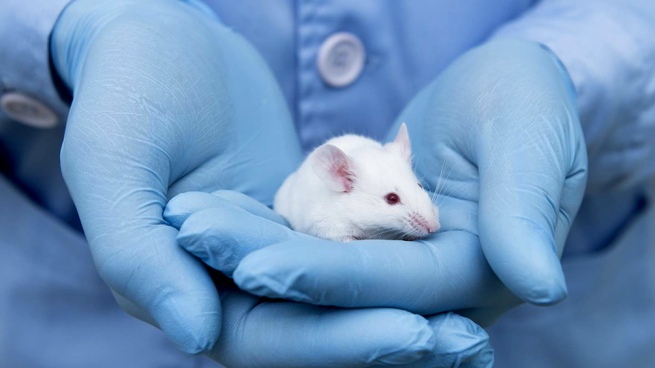A study led by researchers at the University of Oxford revealed the changes that took place in the human brain after a mild SARS-CoV-2 infection, the institution reported on Monday.
What did the study consist of?
The research, recently published in the journal Nature, studied brain changes in 785 participants aged 51 to 81 years from the British biomedical database Biobank. The volunteers underwent two brain scans, 38 months apart between the first and second scans, and underwent cognitive tests to determine their brain condition.
The scientists noted that 401 participants contracted covid between the two scans, of which 15 had to be hospitalized. The 384 people who did not get infected, belonging to the control group, had characteristics similar to the group infected with coronavirus in terms of age, sex and other risk factors, such as blood pressure, obesity, smoking and diabetes, as well as the state socioeconomic.
What did the study reveal?
The researchers were able to identify a greater reduction in gray matter thickness in brain regions associated with smell four and a half months after infection in the infected group, in addition to a reduction in brain size and cognitive impairment. . Those infected experienced an additional loss of brain tissue of 0.2 to 2% in regions associated with smell compared to the control group.
Gwenaëlle Douaud, who led the study, commented: “Although the infection was mild for 96% of our participants, we saw greater gray matter volume loss and tissue damage in the infected participants.” The scientist also highlighted that those infected also showed a greater decrease in mental abilities to perform complex tasks.
Douaud added that “all of these negative effects were more marked at older ages,” adding that while damage to brain tissue can be restored in the long term, it may be a question mark for future brain imaging studies in people who were infected of covid.















